- Empty cart.
- Continue Shopping
Bakupari
Original price was: ₹920.00.₹580.00Current price is: ₹580.00.
Genus : Garcinia
The Bakupari Fruit Plant is a must-have for any tropical fruit lover. This exotic tree bears round-shaped fruits that are known for their irresistible sweet and tangy flavor. Native to tropical regions, Bakupari fruits are a true delight for the taste buds. With our Bakupari Fruit Plant, you can savor the exotic taste of these delicious fruits right at home!
Bakupari (Rheedia brasiliensis) is a tropical fruit tree native to South America, particularly in the Amazon basin. It is also known as “bacupari” or “pakopari”. The tree can grow up to 30 meters tall, with a thick trunk and dense foliage.
The fruit of the bakupari tree is a round, yellow or orange berry, about the size of a golf ball. It has a thick, fibrous skin that encases a soft, juicy pulp with a sweet, slightly tart flavor. The pulp is typically eaten fresh, although it can also be used to make jams, jellies, and juices.
Bakupari fruit is highly nutritious and contains a variety of vitamins and minerals, including vitamin C, calcium, and iron. It is also rich in antioxidants and has been shown to have anti-inflammatory properties.
The bakupari tree is an important source of food and income for many indigenous communities in the Amazon region. In addition to its edible fruit, the tree is also valued for its wood, which is used for construction and furniture making.
Despite its many benefits, the bakupari tree is threatened by deforestation and habitat loss, as well as by the over-harvesting of its fruit. Efforts are underway to protect the tree and its habitat, and to promote sustainable harvesting practices that benefit local communities while preserving the natural ecosystem.


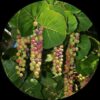
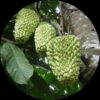
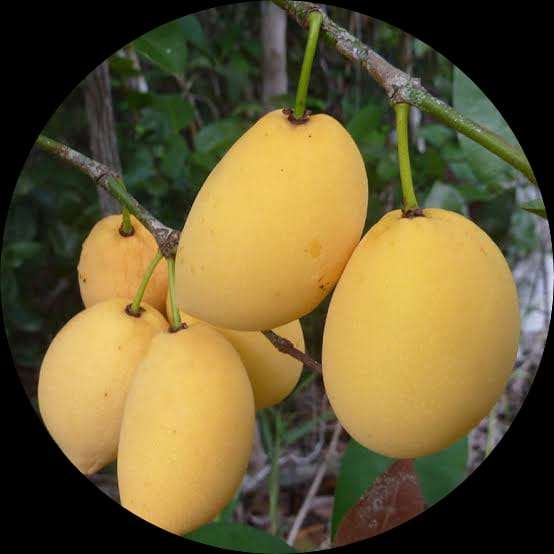
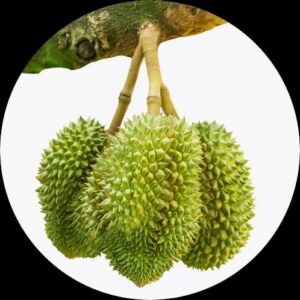



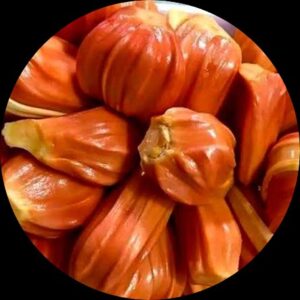

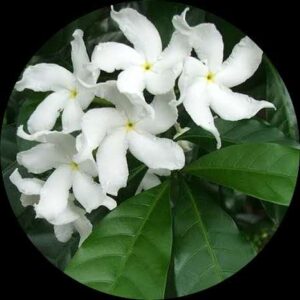

Reviews
There are no reviews yet.